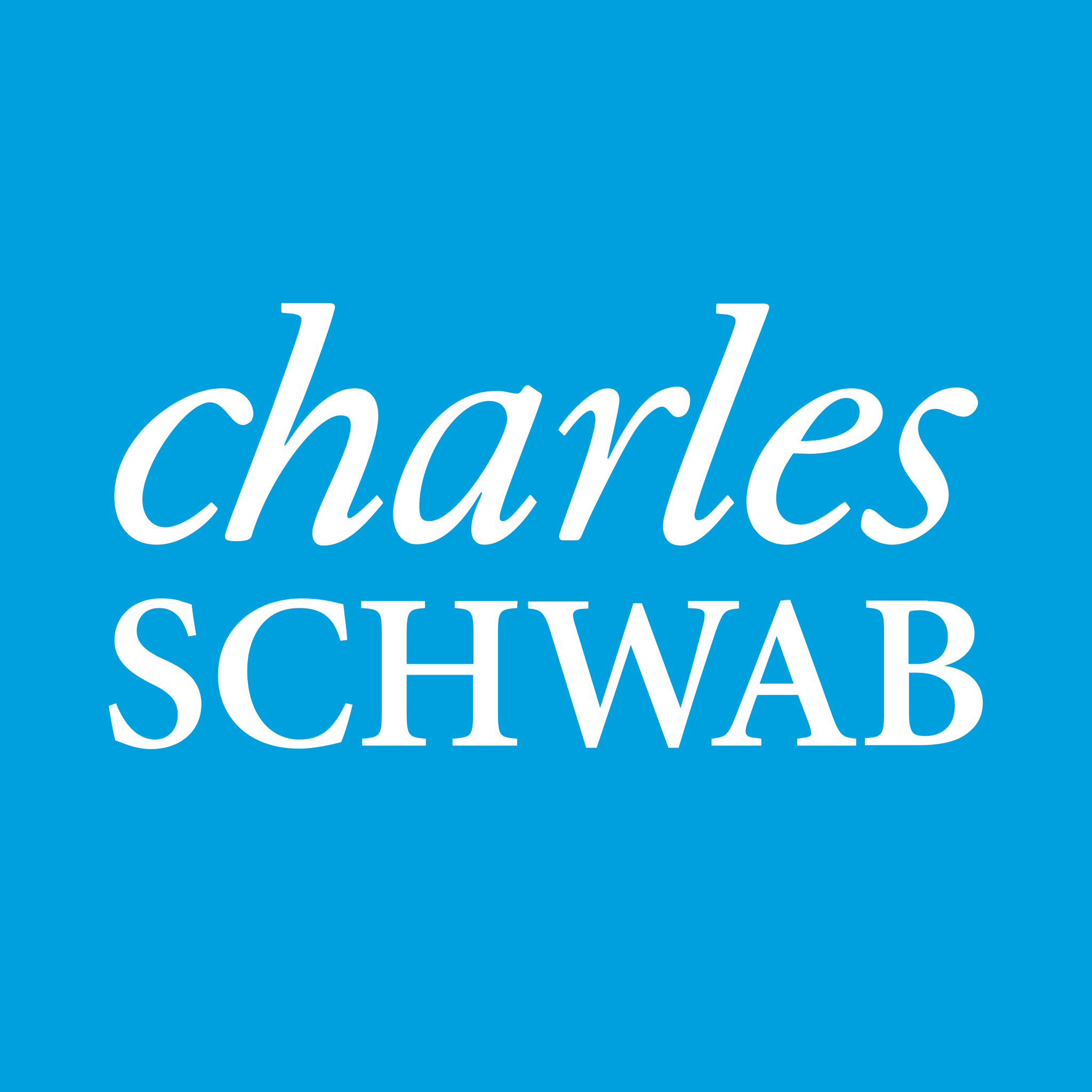
The investing landscape has changed dramatically over the last few years. We've seen new technology drop commissions and expenses substantially (to $0 for most), new tools helping investors, and a whole lot of competition to stay at the top of the pack.
So, with all these changes, who do you (the readers) think is the best online stock broker going into 2024? We have been polling our audience annually and we're excited to share the best investing platforms with you!
We break down the top five online stock brokers chosen by readers, along with some notable mentions, especially for certain use cases. We also highlight any bonus offers these companies currently have. If you're not using a top online stock brokerage firm yet, now is the time to make the switch!
What's interesting to see this year is Vanguard taking a big drop and Robinhood seeing big gains. Here's your picks for the top online stock brokers and trading platforms:
Note: The investing offers that appear on this site are from companies from which The College Investor receives compensation. This compensation may impact how and where products appear on this site (including, for example, the order in which they appear). The College Investor does not include all investing companies or all investing offers available in the marketplace.
1. Fidelity

Fidelity took the top pick again this year among all the brokerage and stock trading apps. They have a large amount of commission-free funds, low expenses, and a full range of account types to choose from. Even if you don't invest with a commission-free fund, they are $0 for commissions for stocks, ETFs, and options trades.
Furthermore, many people are familiar with Fidelity because (along with Vanguard) they are one of the largest 401k plan administrators. That's why we name Fidelity our Best Online Broker for Retirement.
Plus, unlike Vanguard, Fidelity has offices nationwide. While almost everything can be done online, being able to easily go to an office can be helpful every now and then.
Fidelity Bonus Offers: Fidelity is offering various bonus offers for their products, including the Fidelity Youth Account.
2. Charles Schwab

Schwab has been moving up the rankings for the last few years - reaching second place this year in our list of the best online stock brokers. Last year it was third.
What people love about Schwab is their great trading platform (which is commission-free) combined with a solid banking product, which other than Fidelity, most of the others here don't offer. Plus, they finally added an HSA account to their lineup!
With their acquisition of TD Ameritrade, Schwab also now has a great trading platform with thinkorswim.
Furthermore, they have no purchase minimums for their mutual funds, so you can build an extremely low cost portfolio at Schwab using popular funds like Schwab Total Stock Market Index (SWTSX). And they also moved to $0 account minimums for most products.
3. Robinhood

Robinhood has always been a controversial online broker: it has bounced in and out of our top brokerage list several times - falling slightly this year. This is likely driven by a huge surge of traders who took to investing on the platform in the last year. Plus, they’re offering cool features like a retirement contribution match!
Robinhood offers truly commission-free trading. Like $0. Nada. Nothing. They were the first to offer this, but now everyone does.
It does come with some drawbacks beyond the media. You are limited in your trading, and the mobile app can be annoying to use if you prefer desktop access.
However, it's free!
Robinhood Bonus Offers: Get a random share of stock when you refer a friend.
4. E*TRADE by Morgan Stanley

E*TRADE moved up a spot this year in the rankings. E*TRADE has been working hard to compete with the other companies on this list, dropping to commission-free pricing and improving its interface.
However, we would say they still generally lag in terms of usability compared to the companies above, and their customer service is lacking (they even eliminated online chat last year for many features).
5. Vanguard

Vanguard has been seeing rankings plummet over the last - and it makes sense for a variety of reasons, from the app usability, to lackluster customer service.
Vanguard is still consistently the low-price index fund leader - and when you invest directly with Vanguard, you can potentially avoid commissions and fees on your mutual fund purchases. However, Vanguard had several hiccups with its online platform and app (even though the re-designed app is modern and easy to use).
Vanguard does offer the full range of account types, from IRAs to Solo 401k's, to 529 plans and HSAs.
The big drawback to Vanguard is that they aren't as great to use for products outside of their own. Plus, their website and customer service has been struggling to keep pace the last year. Also, if you dive into the details of some of their products (like their Solo 401k), it's not always the most robust available.
Vanguard Bonus Offers: Vanguard doesn't run any bonus offers... maybe they're just too good for that they don't need to entice you?
Honorable Mentions
These honorable mentions didn't make the top 5, but they are really worth a look if you want someone else to do the work for you when it comes to investing and setting up your portfolio.
These are companies that got votes and interest from our audience but not enough to crack the top of the list.
SoFi

SoFi was the biggest improvement of brokerage firms - they didn't even make our list last year, and this year they almost broke into the top 5. While we're not fans of SoFi, it's clear that a lot of people are.
SoFi allows you to invest as little as $1, has fractional shares, and even offers some crypto trading.
The drawback with SoFi is that they don't really do anything better compared to the top brokers, while at the same time they also continue to face FINRA and SEC scrutiny.
M1 Finance

M1 Finance is a relative new comer but they've been doing some amazing things with low cost investing and banking.
What makes M1 Finance so great is that it allows you to setup a low cost portfolio for free. This portfolio can be one of their automated portfolios, or you could setup one of your own with almost any combination of ETFs and stocks. And for stocks, that includes investing in fractional shares as well.
Once you setup your portfolio, M1 helps you automatically re-balance when you deposit more money into your account. And when you sell, it also helps you re-balance by selling overweight items in your portfolio.
Plus, they offer a great banking product and even allow you to borrow against your portfolio with M1 Borrow.
The only real drawback to M1 is that it doesn't consider all of your portfolios - you need to do that.
M1 Finance Bonus Offer: You can get up to $10,000 if you transfer an account over. They also offer a "seed fund" bonus offer of up to $500 just for being a new M1 customer and funding your new account within 14 days.
Webull

Webull is still a popular app for online trading. If you’re not familiar, Webull is an investing app very similar to Robinhood, where you can trade stocks, options, ETFs, and limited crypto.
Unlike Robinhood, they offer a much more robust set of research features, advanced trading tools, and more.
They also offer retirement accounts as well as regular taxable investing.
Webull Bonus Offer: One free stock valued from $3 to $300 if they open Webull brokerage account and another valued from $8 to $2,000 if you direct deposit at least $5.
Tradestation

TradeStation is a an honorable mention this year, and it’s nice to see that their platform improvements have been resonating with customers.
TradeStation is most well-known for its active trading features. Their trading tools and ability to integrate with charting and automatic software make it a top choice for active traders.
The drawback is that it can feel “advanced”, and the pricing can be difficult to understand for high volume users.
TradeStation Bonus Offer: Earn up to $3,500 when you transfer funds into your TradeStation account.
Interactive Brokers (IBKR)

Interactive Brokers is another platform that made out list for the first time this year. They’ve been getting a lot of positive feedback for their trading tools, paper trading platform, and their margin account.
In fact, if you go into any fatFIRE forums, you’ll see IBKR consistently listed as one of the best places to hold a large amount of securities if you want to borrow against them.
They also launched IBKR Lite with commission-free trading for US stocks and ETFs, with commissions on other products. Make sure you check out their full commission schedule as it can be a bit complex.
Final Thoughts
It was interesting to see some of the big shifts this year - with Vanguard falling, Robinhood rising, and TradeStation and IBKR making the list.
I think many people realize that since almost all pricing is the same, the full-service features, ability to open different account types and reliability are a lot more popular factors to consider than an app-only investing firm.
Furthermore, everyone on this list has made huge progress in developing top-notch apps, except for Vanguard, which saw its ranking drop as a result of the many customer service failures it's been having.
Remember, this was based on an annual survey. We keep this list updated throughout the year with features and pricing, and revisit the rankings annually with a new survey.
Methodology
The College Investor commissioned Pollfish to conduct an online survey of 1,000 Americans who self-selected that they were familiar with investing and investing tools. The survey was fielded on February 9, 2024.

Robert Farrington is America’s Millennial Money Expert® and America’s Student Loan Debt Expert™, and the founder of The College Investor, a personal finance site dedicated to helping millennials escape student loan debt to start investing and building wealth for the future. You can learn more about him on the About Page or on his personal site RobertFarrington.com.
He regularly writes about investing, student loan debt, and general personal finance topics geared toward anyone wanting to earn more, get out of debt, and start building wealth for the future.
He has been quoted in major publications, including the New York Times, Wall Street Journal, Washington Post, ABC, NBC, Today, and more. He is also a regular contributor to Forbes.
Editor: Clint Proctor Reviewed by: Ashley Barnett
